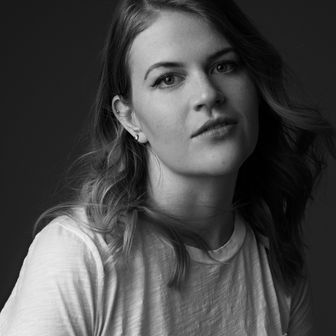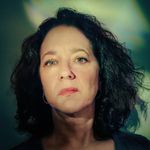
Sunday’s much-anticipated interview with Meghan Markle and Prince Harry included a number of troubling revelations. The couple disclosed that Meghan had struggled with suicidal ideation as a result of the constant onslaught of abuse and harassment from the press, that an unnamed member of the palace had expressed “concerns” about Archie’s skin color, and that the royal family didn’t want to give Archie a royal title and, by extension, the security that comes with it.
The Palace’s total failure to protect Meghan — by not defending her in the press, by not ensuring she and her child received adequate security, and by preventing her from checking in to a treatment center when she asked for help — stands in stark contrast to how it has consistently rallied around another member of the royal family: Prince Andrew, the Queen’s second son and an accused sex offender.
Andrew had close ties to Jeffrey Epstein, the deceased child sex trafficker. One of Epstein’s victims, Virginia Giuffre, alleged in 2015 that she had been forced to have sex with the prince on three separate occasions when she was underage.
The prince has vehemently denied these claims, as has Buckingham Palace, which has thrown its full support behind Andrew from the beginning. In what the Guardian described as a “highly unusual statement” in 2015, the Palace — which usually doesn’t comment on reports about royal family members — categorically denied the allegations against the prince, saying, “It is emphatically denied that the Duke of York had any form of sexual contact or relationship with [Giuffre]. The allegations made are false and without any foundation.”
Additionally, while Buckingham Palace announced earlier this month that it had launched an internal investigation into claims that Meghan had “bullied” her U.K. staff, there has never been any palace investigation into the criminal claims against Prince Andrew.
In an interview with Sky News earlier this month, Caroyln Durand, a co-author of Finding Freedom, the unauthorized biography of Meghan and Harry, noted this discrepancy in the Palace’s approach, adding, “Why hasn’t he been urged to cooperate with U.S. authorities? Why were Prince Harry’s military honors stripped but Prince Andrew’s haven’t been?”
Eventually, in November 2019, Prince Andrew did step back from his public duties for the crown, saying in a statement that his ties to Epstein had become a “major disruption” to his family’s work. And yet he has been allowed to maintain his royal titles (while reports allege that officials are threatening to remove Harry’s and Meghan’s) and to keep his £300,000-a-year bodyguards at the Palace’s expense, while Harry and Meghan lost their official security and have had to finance their protection on their own.
Still, it hasn’t all been easy for Prince Andrew. The Queen did take the severe step of downgrading the massive party they had planned for his 60th birthday to a “small family dinner.” Devastating.
At the end of Sunday’s interview, Meghan said she had only one regret from her time within the royal family: “My regret is believing them when they said I would be protected. I believed that.” It makes sense that she believed it because the royals have always chosen to protect those within their ranks. They just didn’t protect her.





